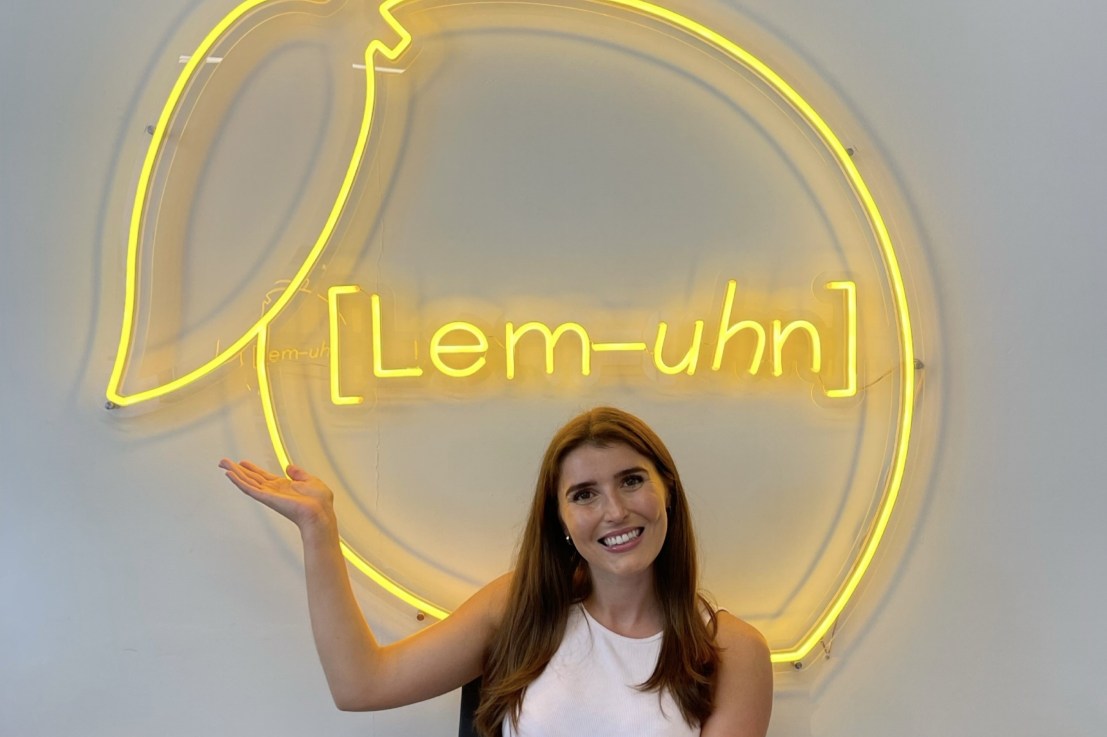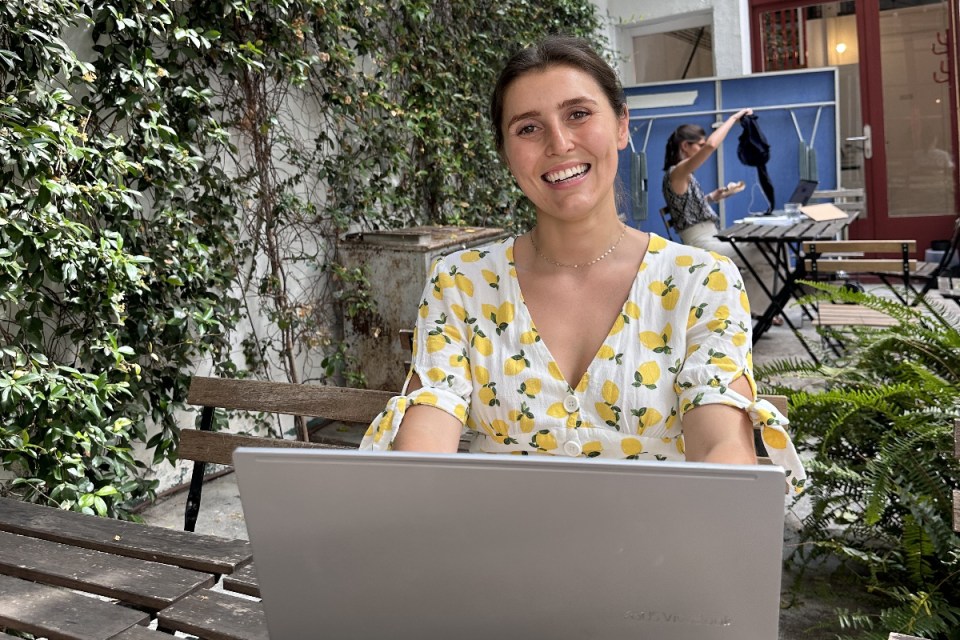How I took life’s lem-uhns and turned them into a business
When life gives you lemons, you make lemonade (or a business). Even if the process gets a little sticky.


When life gives you lemons, you make lemonade. Even if the process gets a little sticky.
At least, that’s what Riannon Palmer had to do after facing a PR agency’s worst nightmare — an out-of-the-blue trademark infringement case — just six months into running her own.
Amid all the other challenges of starting up a new business, Palmer says she found herself in the middle of a trademark infringement case when a larger brand claimed too much similarity in the name, a name which she does not wish to disclose.
Nearly three years later, the 27-year-old founder of the ‘feel-good’ media agency now known as Lem-uhn (yes, pronounced lemon) tells me it took much more than a quick fix to get past what she considers one of her biggest challenges yet.
Now best known for her brand positivity and flexible working culture, the founder of Lem-uhn tells me this was her first hard-learned entrepreneurial lesson — yet definitely not her last — and one she’s kept in mind ever since.
After all, it’s these early-on mistakes that seem to pave the way to success for many of Britain’s most ambitious entrepreneurs.
“Should we just call it a day?” she recalls asking herself after opening her mail that morning.
Palmer, who had just decided to leave the security of her 9-5, didn’t even know how to understand the corporate jargon within the lengthy letter in the first place, let alone know how to pivot and move on as a business.
Staying loyal to the mission
To avoid a rather costly battle, which would have meant the end of the early-stage start-up, Palmer decided to find a new name — one that steered clear of all possible similarities (hence the unique and interesting spelling of lemon).
But Palmer was determined to make sure that although the branding had to change quickly, the mission would forever stay the same – to prioritise ‘positivity’ and exclusively connect clients with ‘better’, purpose-led brands.
Thankfully, they had a few loyal clients already secured – which is what gets them through the continuous economic hardships, even today.
If I didn’t run a purpose-led business, I think I would have quit years ago and gone back to the 9-5 Riannon Palmer
Indeed, it was while Palmer was sitting on her sofa to log on to yet another day of her unfulfilling agency role that she realised she needed to make a change. Not just for her but for others who feel the same, too.
“Back in January 2021, we’d entered another lockdown, I was working 8 am to 10 pm and weekends and after months of searching for a better type of agency I realised there wasn’t one,” Palmer says.
“Like 91 per cent of PR professionals, I was struggling with my mental health.”
Now, Palmer spends most of her time making sure her clients are connected with the right ‘purposeful’ brands, matching her positive working culture to the ones her clients also look for.
“How can you trust an agency that isn’t performing the service for themselves?” Palmer asks. “We also practise what we preach.”
Whether it be the introduction of wellness days, a ‘menstrual policy’ for female staff, or flexible working hours depending on the tasks, Palmer says she’s more than open to changes to meet her team’s needs.
Finding your leadership style
Palmer admits that one of the best parts of becoming your own boss is inventing a new — or subjectively better — leadership style.
Laughing as she tells me her first colleague was her friend’s cockapoo (given that her first official day of running Lem-uhn was while dog-sitting), she now has a small yet mighty team of six.

“When hiring, I look for people who share in our mission to support positive brands and are prepared to work hard during work hours but enjoy the benefits of balance outside them,” she says.
“I hire people who will challenge me and suggest innovations to help grow the business.”
Indeed, it’s one of the most interesting learning experiences for many budding entrepreneurs. You immerse yourself in becoming your own boss after sometimes never having been someone else’s boss before.
It’s no easy transition, either, especially since only 0.1 per cent of creative agencies are female-founded. Luckily, Palmer tells me she had enough savings to make “the leap into the unknown easier.”
Like any new business, keeping the momentum going takes a lot of effort, risk, and determination. Especially if you are new at it.
The future seems bright for Palmer and the Lem-uhn team, using the lessons learnt from the journey so far to their advantage.
“We’re in our strongest position now,” she says.
“I aim to make us the go-to PR agency for purposeful brands before our industry expands.”



